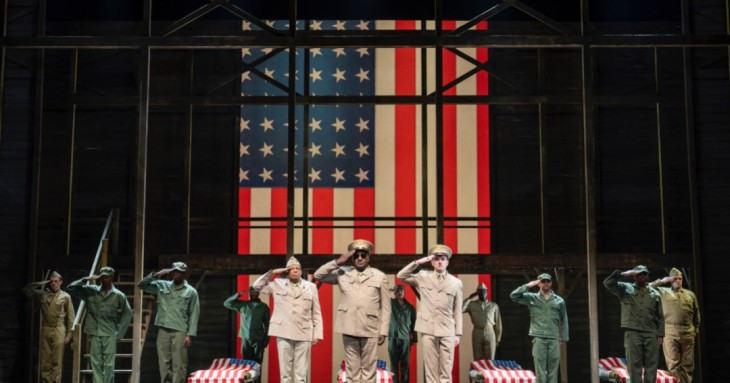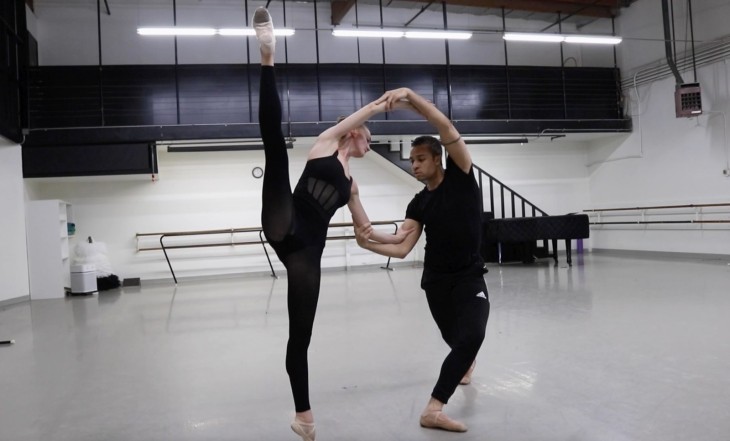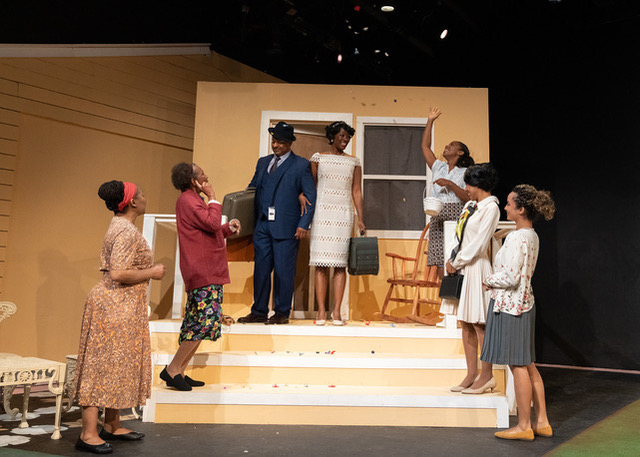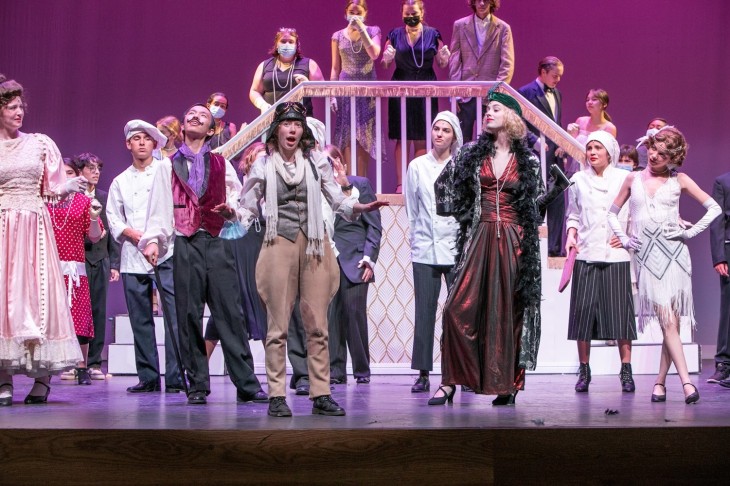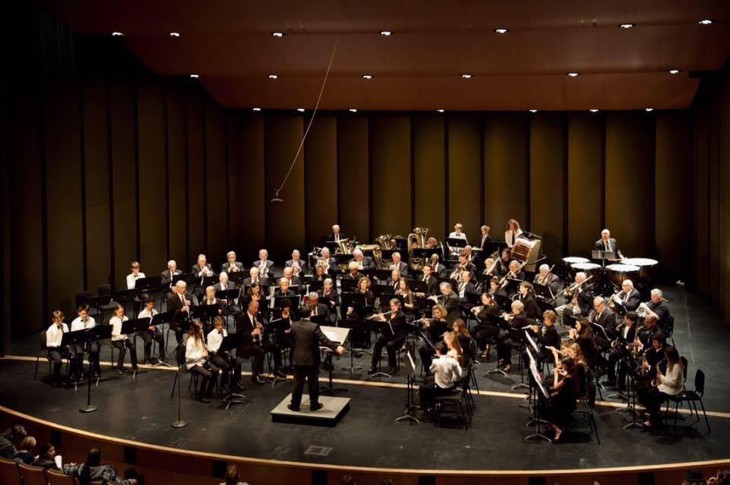Political polarization on college campuses is the most extreme it has been in the 51-year history of an annual study of first- year students, which was released Monday by UCLA’s Higher Education Research Institute.
The political divisions that emerged during last year’s presidential election were reflected in the 2016 Freshman Survey, based on responses from 137,456 full- time, first-year students at 184 U.S. colleges and universities.
Just 42.3 percent of freshmen characterized their political orientation as middle of the road — the lowest figure since the survey began in 1966. Meanwhile, 35.5 percent considered themselves liberal or far left and 22.2 percent said their views are conservative or far right.
The report also reveals the survey’s largest-ever gender gap in terms of political leanings. An all-time high 41.1 percent of women identified themselves as liberal or far left, compared to 28.9 percent of men.
Women also were more likely than men to agree that addressing global climate change should be a priority of the federal government — 82.4 percent versus 77.6 percent — and to favor stricter gun control laws — 75.4 percent versus 58.8 percent.
The survey also pointed to differences in students’ views of their own empathy for others. For example, 86.6 percent of students who called themselves left-of-center said their tolerance of people with different beliefs is “strong” or “somewhat strong,” compared to 82 percent of centrist students and 68.1 percent of right-of-center students.
“The increased activism among entering college students we found in 2015 seemed to intensify in the months leading up the election, and our 2016 survey points to the diversity and polarity of how college freshmen perceive their place in the current political landscape,” said Kevin Eagan, lead author of the report and managing director of the institute, which is housed in UCLA’s Graduate School of Education and Information Studies.
“The gender gap in students’ political beliefs and levels of empathy suggests an opportunity for campuses to facilitate dialogues that bridge differences,” he said.








